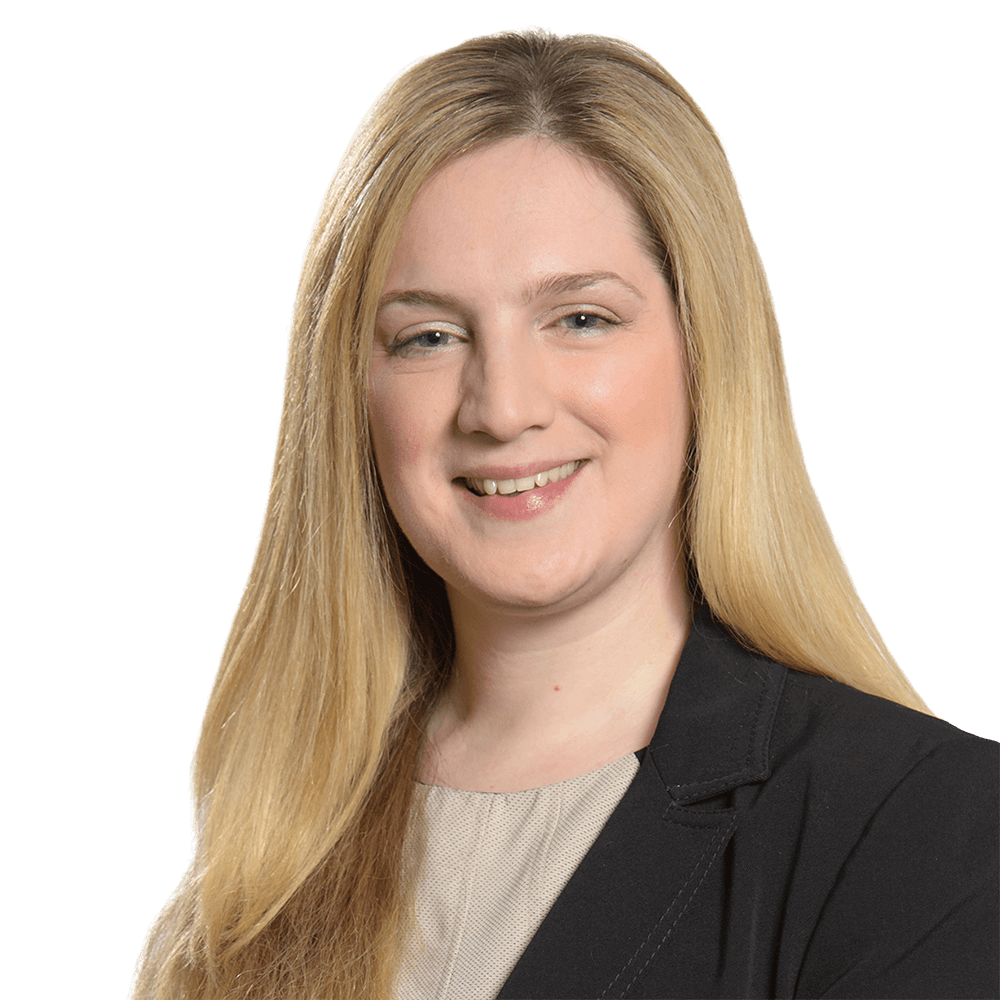No silver lining: English court finds cloud computing company charge to be floating
Published on 1st July 2024
How can creditors reduce the risk of a fixed charge being characterised as floating?

The determination as to whether a charge over a valuable asset is fixed or floating can be crucial to a creditor's recovery in an insolvency. To have two cases over the course of little more than a year providing detailed analysis of the nature of fixed and floating charges is indeed a treat. Are there any practical steps creditors can take to reduce the risk of a fixed charge being characterised as floating?
Fluctuating assets?
Creditors welcomed the High Court decision in Re Avanti Communications Ltd (In Administration) (25 April 2023)) which determined that limited permissions for a chargor to deal with charged assets were not fatal to the characterisation of a charge as fixed. Critically in this case, the chargor was not permitted under the transaction documents to dispose of the relevant assets in the ordinary course of its business and the relevant assets did not constitute anything resembling “fluctuating assets” or “circulating stock in trade”.
Following the seminal case of RE Spectrum Plus in 2005, where a charge over book debts paid into an account from which the chargor was free to make withdrawals, was found to be floating rather than fixed, legal commentary had suggested that only a complete prohibition of all dealings without permission from the chargeholder would be sufficient to create a fixed charge.
Johnson J, in Avanti, disagreed with this view and found that it is helpful to look at the range of possibilities with total freedom of management at one end of the spectrum and a total prohibition on dealings of any kind at the other end of the spectrum. However, this did not mean that a charge could only be fixed if it is located at the “total prohibition” end of the spectrum. Instead, the case law supports a more nuanced approach, which depends upon a combination of factors.
The case also serves as a reminder that where the charged assets are naturally fluctuating (such as stock or book debts), the court will likely find that complete freedom for the chargor to deal with the charged assets is inconsistent with a fixed charge. However, where the assets are specific and do not necessarily fluctuate, some level of permission to release the charged assets may not be inconsistent with a fixed charge.
Nature of floating charge
This year, Deputy ICC Judge Baister in Re UKCloud Ltd (in liquidation) (2024) has provided further analysis on the nature of a floating charge.
UKCloud Ltd provided cloud computing services which involved the use of IP addresses. The chargeholder asserted that its debenture security created a fixed charge over these IP addresses.
Baister J determined that, in fact, the charge took effect only as a floating charge:
The IP addresses were not specifically mentioned in the debenture…
However, it was found that they could, by their nature, be captured by the definition of "authorisations" which were subject to a fixed charge under the debenture.
But Baister J was not comfortable with stopping here, noting that the issue of whether a debenture creates a fixed or floating charge is not simply a matter of contractual construction, there is a second part to the test whereby the court must characterise whether the parties' intentions were to grant the company rights which are inconsistent with the nature of a fixed charge (Agnew v Inland Revenue (2001)).
The chargeholder did not exercise control….
Baister J gave consideration to the characteristics of fixed and floating charges including whether the IP addresses were part of the circulating capital of the business or a fluctuating asset. He ultimately decided that it was too difficult to apply the existing authorities to the IP addresses and left the point inconclusive. He did, however, go on to consider what rights were intended to be given to the company to deal with the IP addresses and what control the chargeholder exercised.
The absence of control was decisive. In practice, the lender could not evidence that it had exercised or enforced any of the control mechanisms within the debenture.
It was a case of 'all or nothing'…
Citing Re Beam (2006), among other cases, Baister J found that he was bound by the authorities requiring him to construe the charging clause on an "all or nothing basis".
The "all or nothing" test states that a clause creates a fixed charge over all of the assets referred to in it or it creates a fixed charge over none of them. In other words, one cannot cherry pick the assets in a clause to which a fixed charge should apply, and those which are subject only to a floating charge.
Osborne Clarke comment
Ensuring that a fixed charge has its intended effect is all the more important for creditors since Crown Preference was reintroduced in December 2020.
Creditors should be taking great care when considering how key valuable assets are treated in both the charging instrument and in practice. This is particularly important as creditors are increasingly looking to charge intangible assets such as IP addresses, intellectual property and other emerging types of digital assets.
Applying the principles of the "all or nothing" test may mean that some assets should be separated out from catch-all charging clauses that may run the risk of being classified as floating charges on enforcement.
Using a schedule to list and clearly describe these key assets is a sensible option for creditors and, where appropriate, to have separate clauses for sub-groups of some assets. Entering into a separate chattels mortgage may be appropriate. In both cases, providing as much identifying information as possible is important, and consideration should be given to updating any schedule or chattel mortgage from time to time as assets change/are replaced.
Creditors should think about the nature of the asset, what rights the chargor has over the asset, to what extent the chargor needs to deal with the asset in order to run a successful business and, crucially, how the creditor can realistically exercise control over that asset.
Although case law now seems to be favouring the concept of a spectrum of control, we do not yet have clarity on at which point in that spectrum a fixed charge would be deemed to be floating. It is important that control provisions in the security document are well-thought-through, appropriate to the specific assets, not overly permissive and adhered to in practice by the parties.
Finally, assets fluctuate in value. An asset that was of little value when the security document was entered into may become significant to the business during the life of the loan, such as intellectual property. Where creditors see this happening, they should consider whether it would be worthwhile revisiting the security arrangements to ensure that any fixed charge over these assets will operate as intended.
If you would like to discuss any of the issues raised in this Insight, please get in touch with your usual Osborne Clarke contact or one of our experts listed below




